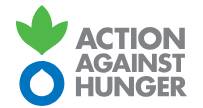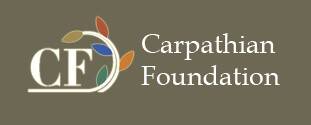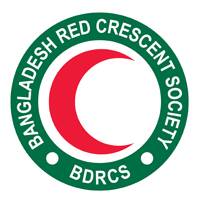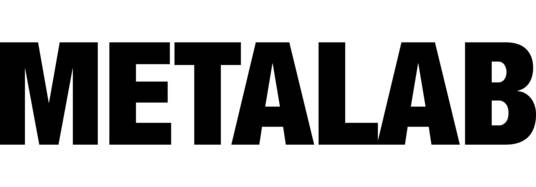نموذج البحث
يوجد 942 شركاء
الترتيب حسب:
-

Action Against Hunger
AAH
Action Against Hunger has been operating in Ethiopia since 1985, serving people in need, many of whom are refugees and internally displaced people. We work in the regions of Amhara, Benshangul Gumuz, Gambella, Oromia, Somali, Tigray, and the city administration of Addis Ababa. -

Carpathian Foundation-Hungary
CF
The mission of the Carpathian Foundation-Hungary is to improve the quality of live of people living in the Carpathian Euroregion, and to preserve the social, ethnic, cultural and environmental values and sustainable development of the region. The Foundation acts as a cross-border regional community foundation and primarily provides financial and technical assistance to NGOs and LSGs (local-self-governments) operating in the Hungarian part of the Carpathian Euroregion (Borsod-Abaúj-Zemplén, Hajdú-Bihar, Heves, Jász- Nagykun- Szolnok, and Szabolcs-Szatmár-Bereg counties). Carpathian Foundation-Hungary encourages co-operation among non-profit, governmental and profit-oriented organizations, in the areas of rural community development, human resource development, preservation of cultural and environmental values, heritage, social integration by its programs and projects. Its goal is to strengthen social consciousness and regional identity by strengthening inherent values of the region. The Foundation engages in both grant-making and programmatic activities, and since the beginning it has granted totally 15 million USD to hundreds of NGOs and LSGs. Currently the Foundation runs its programs to fulfill the following main objectives: to support local development initiatives of NGOs and communities; to support disadvantaged rural areas and vulnerable groups; to raise social awareness and to support disadvantaged youth. The Carpathian Foundation-Hungary is a member of the prestigious International Carpathian Foundation Network which serves as a platform for effective international collaboration and transfer of know – how. -

NestingPlay
NestingPlay
Nestingplay's founder, Eszter, experienced firsthand the challenges of raising a child who struggled to fit in through her youngest son. Áron couldn't play with his peers, wasn't accepted, didn't understand the games, and often felt left out. Eszter recognized that if this situation wasn't addressed promptly, it would adversely affect Áron's social life, integration, and well-being. Observing similar struggles among other children in her community, Eszter was inspired to take action. Recognizing play as a natural environment for children, she and her team focused on the playground, developing a system of specialized equipment to facilitate the inclusion of children facing various challenges within the community. This approach proved successful. Subsequently, the scope of Nestingplay expanded to encompass all forms of play, and programs were developed for teachers and parents to actively engage children who faced difficulties in integration. Nestingplay evolved into a social enterprise, organizing successful development training programs worldwide. Its impact has been acknowledged through awards such as the Award-winning Entrepreneur Award, Ashoka Fellow, and Exceptional Women of Excellence awards. However, the true measure of success lies in the many children whose early support from Nestingplay has paved the way for happier, more fulfilling lives. -

Center for Comparative Migration Studies
CSCM
Founded in 2011, the Center for Comparative Migration Studies – CSCM is a think tank that conducts research projects on topics related to international migration, humanitarian assistance, diaspora, transnationalism, integration, public policies, international development, the labor market, social change and other related topics. Collaborations established over time include public institutions, universities/research centers, NGOs, private entities, networks and independent researchers at international, European, national and local levels. -

Bangladesh Red Crescent Society
BDRCS
Bangladesh Red Crescent Society (BDRCS) is part of the world’s largest humanitarian non-governmental organisation, The International Red Cross and Red Crescent Movement.



